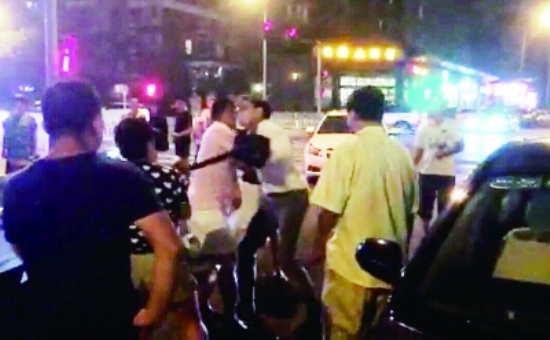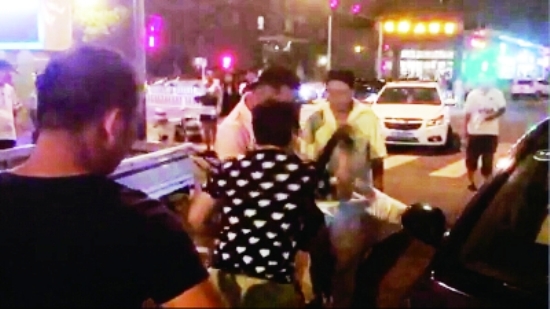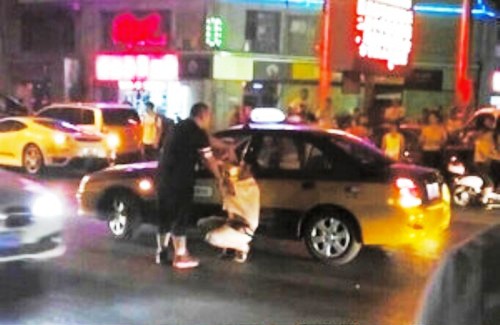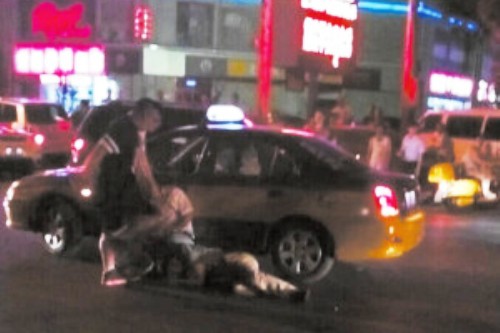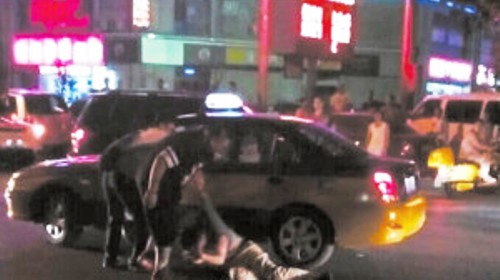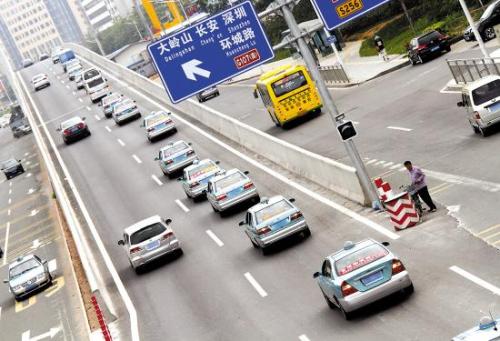Beijing Taxi Fares Among the Cheapest in the World
Posted: 09/24/2014 3:25 pm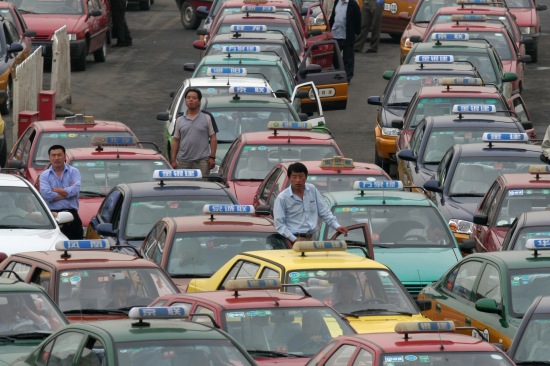 Beijing, once famous for its garlic-smelling cabs, has the cheapest taxi fares in the world among major international metropolitan cities, according to Focus, a German publication. Beijing taxis only charge 3.87 Euros (RMB 29.8, around $4.97) for a 10 kilometre trip.
Beijing, once famous for its garlic-smelling cabs, has the cheapest taxi fares in the world among major international metropolitan cities, according to Focus, a German publication. Beijing taxis only charge 3.87 Euros (RMB 29.8, around $4.97) for a 10 kilometre trip.
At the other end is Tokyo, where taking a cab is downright prohibitive. A 10 kilometre ride in the world’s largest city is 25.39 Euros (RMB 200.1, approximately $32.64), 6.7 times more than Beijing.
The taxi services of other world cities fall in between. A ten kilometer taxi trip in London costs 22.5 Euros (around $28.93); in New York City, it costs the equivalent of 13.98 Euros (approximately $17.97); and in Paris, such a trip will set you back 12.20 Euros (about $15.68).
Wang Limei, secretary of the Chinese National Raod Transportation association, explained that these European and American cities have higher taxi fares because “foreigners have higher salaries”.
Traffic expert Zhang Haitao said Beijing fares couldn’t ever get as high as those overseas:
From downtown Washington to the airport, it will cost about $100. This is too expensive for locals, and removes the effectiveness of (the taxi) by its price.
Caijing explained that taxis in these other countries are used as an emergency measure, and not regularly used for commuting like in Beijing. Residents of the USA and Europe also take fewer taxis because they have a convenient and effective public transportation system. (The fact that many Europeans and North Americans also own cars wasn’t mentioned).
Caijing went on to say each of these world-class cities have subway stations within a 100 to 200 meter walk, and that it is even convenient to take luggage on the subway .
At the end of it all, you get what you pay for. You get cheap fares in Beijing, only to sit in the worst traffic in the country.
Related:
- Beijing Taxi Driver Dozes Off Behind The Wheel Before Fatal Crash
- Foreigner Charged RMB 2,700 for a Ride in a Fake Taxi in Beijing
- Conde Nast Names Beijing One of the World’s Most Unfriendly Cities
- Hong Kong Taxi Scam Targets Drunk Foreigners
- Forget Regular Guangzhou Taxis, Now You Too Can Be a High-Roller
Photo: roll.msn


